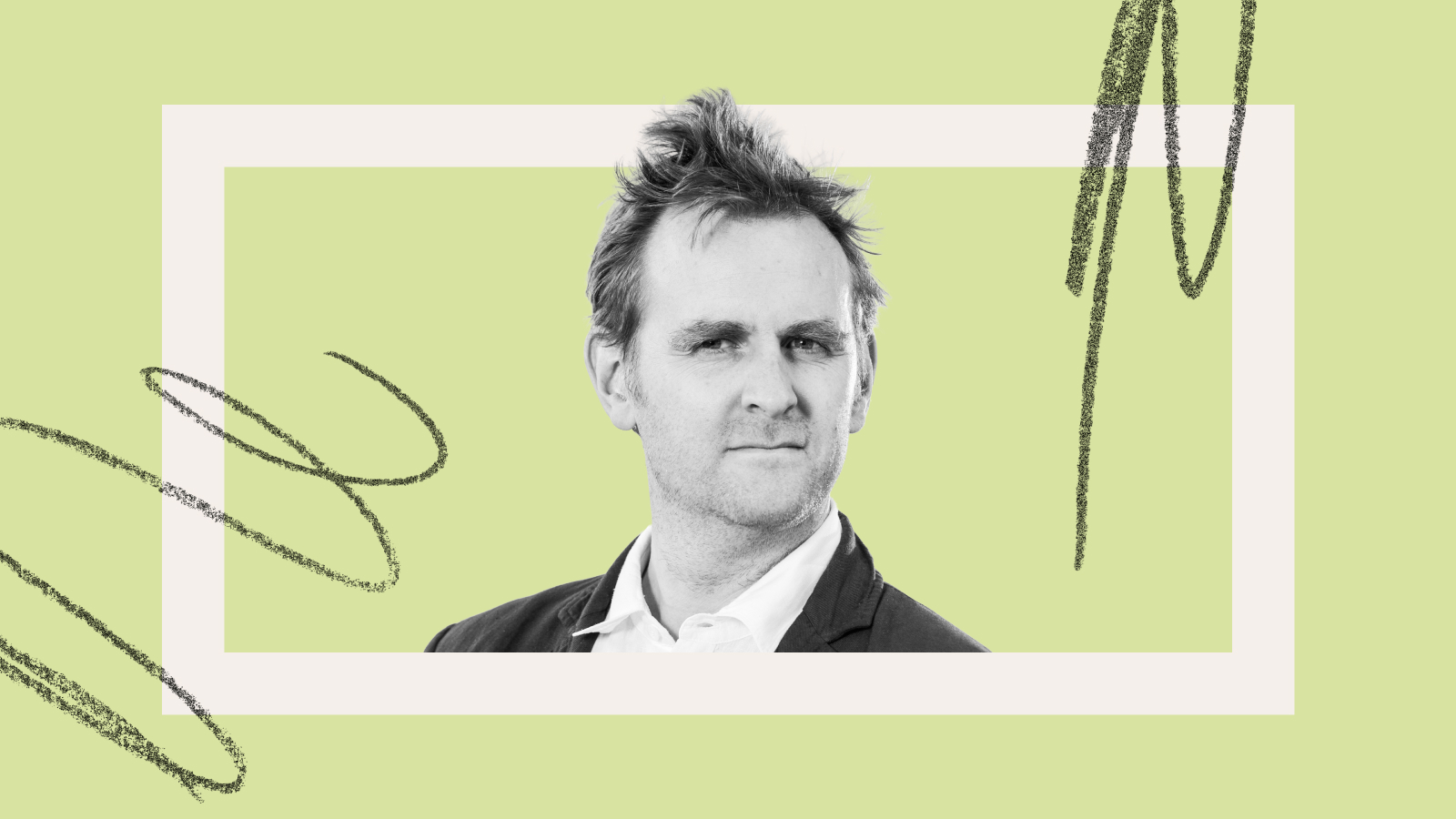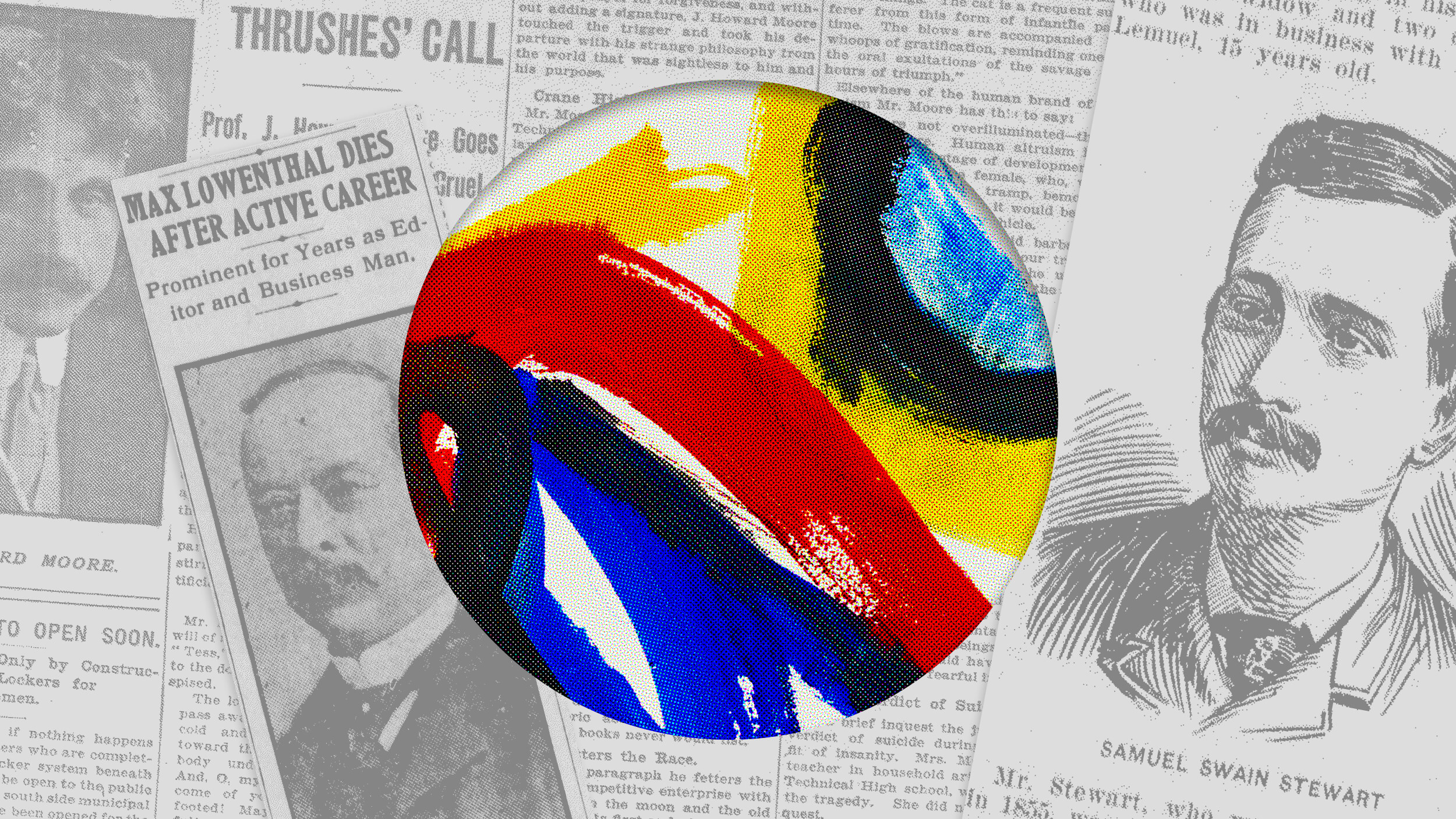Baby Boomers & Technology: Possibilities, Privacy & Promise
I had the pleasure to participate in the AARP-sponsoredAtlantic Magazine Forum “What’s Next? How Technology will Revolutionizethe Boomer Generation” in Washington, DC at the infamous yet iconicWatergate office building.
Alexis Madrigal, Senior Editor of TheAtlantic.comformerly of Wired, moderated the event. The panel included a blend of futurelooking, virtual and business perspectives – Michael Rogers of the Practical Futurist looked into the future of technology and boomers, Lee Rainie, Director of the Pew Internet & American Life Project peered into the virtual Internet lives ofgenerations, and Paul Bromberg, Philips Healthcare Vice President & General Manager of Remote Patient Monitoring discussed his company’sexperience in delivering services for today’s old while responding the needs oftoday’s baby boomer caregiver.
There were several themes that the energeticdiscussion and Q&A with an audience of media, policy makers, technologycompanies and think tanks in the Washington, DC area addressed. Three themes capturesome of the highlights: possibilities, privacy and promises:
Possibilities – PracticalFuturist Michael Rogers did a fine job of capturing the possibilities of newtechnology to meet the needs of the next generation of old. Citing augmentedreality glasses and a variety of other technologies that are ready for primetime, even if the market is not, Rogers made the case that technologies existand will be coming to a lifestyle near you. Likewise, Pew Center’s Lee Rainiereported that the boomers are catching up to their Gen X and Y tech-savvy children.In fact, the 45+ are now outpacing the rate of use of younger users on socialmedia and other selected Internet applications. Philips’s Paul Brombergdescribed the power of existing commercial systems to monitor and ensure thewell-being of todays older adult. While admitting that adoption remains slowthere is optimism that as the market becomes more aware and accepting oftechnology home technology systems will become more popular.
Privacy—We knew ithad to happen, the generation that has shaken up nearly everything is now showingsigns of fear in older age. Technology brings promise, but for some it alsoelicits fear. The greatest fear articulated by the audience was technology’sthreat to privacy. What do we risk to gain the benefits of technology? A memberof the audience asked “what if a major technology provider, financial servicescompany or even government agency is hacked and releases personal information?”Michael Rogers made a poignant point when suggesting that baby boomers are lessafraid of regulated institutions ‘knowing’ personal information than a neighborfinding out about a personal health condition.
Is privacy really an issue? In a world where mostpeople have one, two or more credit cards in their wallet where is the privacy?American Express probably knows more about where you go, what you eat, and whoyou are with than your spouse. The question becomes how do technology-enabledservices provide the value to negotiate the price of privacy? Clearly we areready to give private information about ourselves in return for personalizedand convenient services when making a credit card transaction at the mall tobuy blue jeans. What information are we willing to trade for the capacity toremain independent, safe and well?
Promise – theforum provided a dual track in thinking about technology. How will technologyimpact the aging boomers and how will the boomers impact technology? Myobservation is the only real difference between the baby boomer and theirparents is expectation. While many have referred to the baby boomers as the ‘MeGeneration’ I choose to think of them as ‘Gen Ex’. That is, generation Expectation. They have highexpectations for technologies, products, services and policies to help themlive better at every stage of life – including old age. Technology is more than a device, a widget or a system – it is a metaphor for a promise that the future will be better. Baby boomers are turning to technology not just to help them live longer, but to live better.
And that is the challenge of disruptivedemographics – how do technology researchers and businesses meet theexpectations, not just the needs, of an aging baby boomer generation that demands more? We can askwhat they need. But, the Internet would not have been invented by focus group orsurvey alone. We could show baby boomer consumers the new technologies sittingidle in industry laboratories and only providing fodder for theses onuniversity shelves. But, these may only fuel imagination not innovation. Wemight even let users play with new technology to see how they learn, use andadopt novel systems. The answer is probably all of these and probably more. Ultimatelythe consumer is the real innovator developing new ways to live with devicesthat enable behaviors and provide practical value that designers, engineers and marketers could notimagine alone on storyboards and laboratory benches.




